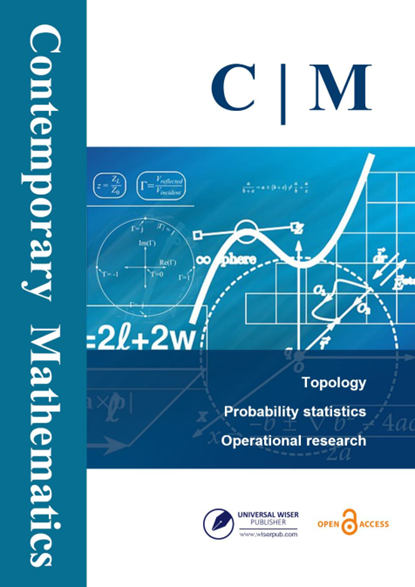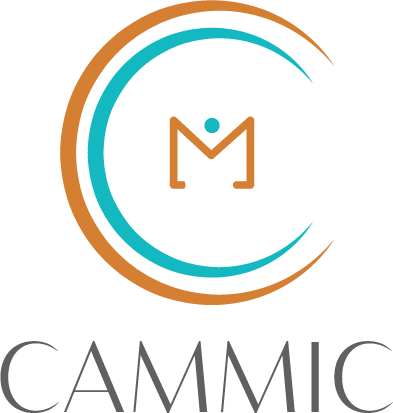


 |
-About CAMMIC 2024 - 2024 4th International Conference on Applied Mathematics, Modelling and Intelligent Computing CAMMIC is an esteemed annual conference that has successfully gathered experts and professionals from around the world for three consecutive years. As we gear up for CAMMIC2024, our goal is to establish an inclusive platform for open communication and cooperation among global science and technology leaders in the realm of applied mathematics, modelling and simulation, as well as intelligent computing. This conference promises to be an exciting gathering, featuring renowned speakers who will share their insights and expertise. There will be oral presentations highlighting cutting-edge research, as well as poster sessions showcasing innovative ideas and projects. The scientific program will cover a wide range of topics, ensuring that participants have ample opportunities to engage and learn from each other. CAMMIC2024 is committed to presenting the latest research outcomes and technological breakthroughs in related fields. We believe that by sharing knowledge and ideas, we can collectively advance the development of science and technology, ultimately enhancing human well-being. We invite all interested parties to join us at this momentous event and contribute to the growth and prosperity of our scientific community. CAMMIC2024 Postponement Notice: After careful consideration,2024 4th International Conference on Applied Mathematics, Modelling and Intelligent Computing(CAMMIC 2024) scheduled for March 22-24, 2024 has been postponed to April 19-21, 2024. We apologize for any inconvenience this may cause and appreciate your understanding.
|
IMPORTANT DATES
Full Paper Submission Date March 18, 2024 | Notification Date April 8, 2024 | Final Paper Submission Date April 15, 2024 | Conference Date April 19-21, 2024 |
Publication | Indexing
All papers, both invited and contributed, will be reviewed by two or three experts from the committees. After a careful reviewing process, all accepted papers of CAMMIC 2024 will be submitted to SPIE - The International Society for Optical Engineering (ISSN: 0277-786X) for publication consideration and submitted for indexing by EI and Scopus. Please note that the final approval of all manuscripts will be decided by the editorial board of the publisher, and the publisher reserves its right not to accept the papers at its discretion. CAMMIC2023 丨EI Compendex丨Scopus CAMMIC2022 丨EI Compendex丨Scopus CAMMIC2021 丨EI Compendex丨Scopus
Contemporary Mathematics is a quarterly peer-reviewed scientific journal. Its ultimate goal is to establish the journal as a significant platform for publishing high-quality papers that contribute to the advancement of contemporary mathematics. Additionally, it aims to serve as an enduring and evolving source of engaging and pertinent problems for researchers in the field. Welcome to submit your articles or/and the expanded version of conference papers to CM!
Indexing & Abstracting: Emerging Sources Citation Index (ESCI, Web of Science) Scopus (Elsevier)
Submission Consultation: Submission Method
Submission System (Chinese) Submission System (English)
|
KEYNOTE SPEAKERS
Prof. Shouyang Wang Chinese Academy of Sciences, China Academician of International Academy of Systems and Cybernetics Sciences |
Prof. Mohammad S. Obaidat University of Jordan, Jordan IEEE Life Fellow, AAIA Fellow、 |
Prof. Jian Chai Xidian University, China |
Prof. Chi Liu Beijing Institute of Technology, China Fellow of CIE, IET and BCS |
Prof. Wei Zeng Xi'an Jiaotong University, China |
Prof. Guihua Lin Shanghai University, China |
Prof. Huiyu Zhou University of Leicester, U.K |
Prof. Xiaofeng Ding Huazhong University of Science and Technology, China |
-Past Conferences-
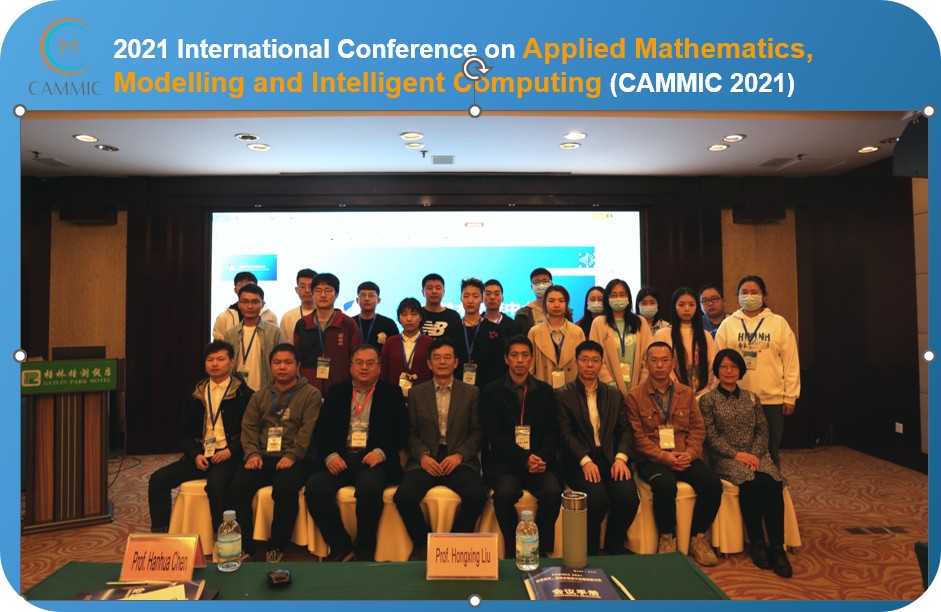
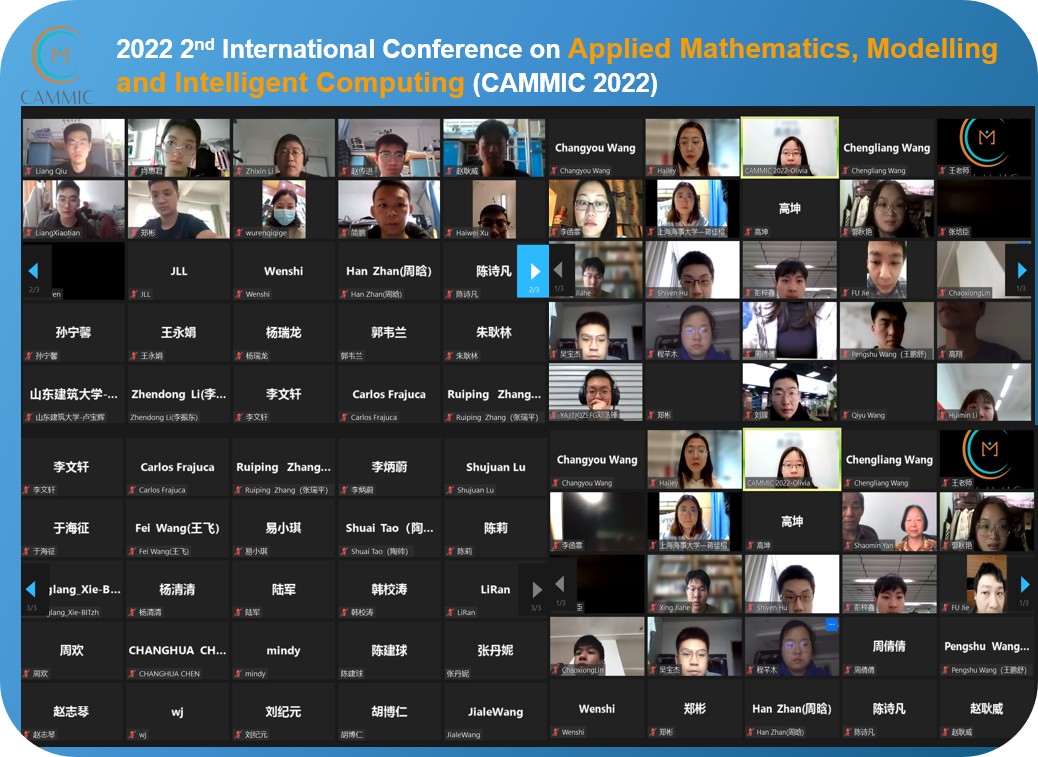
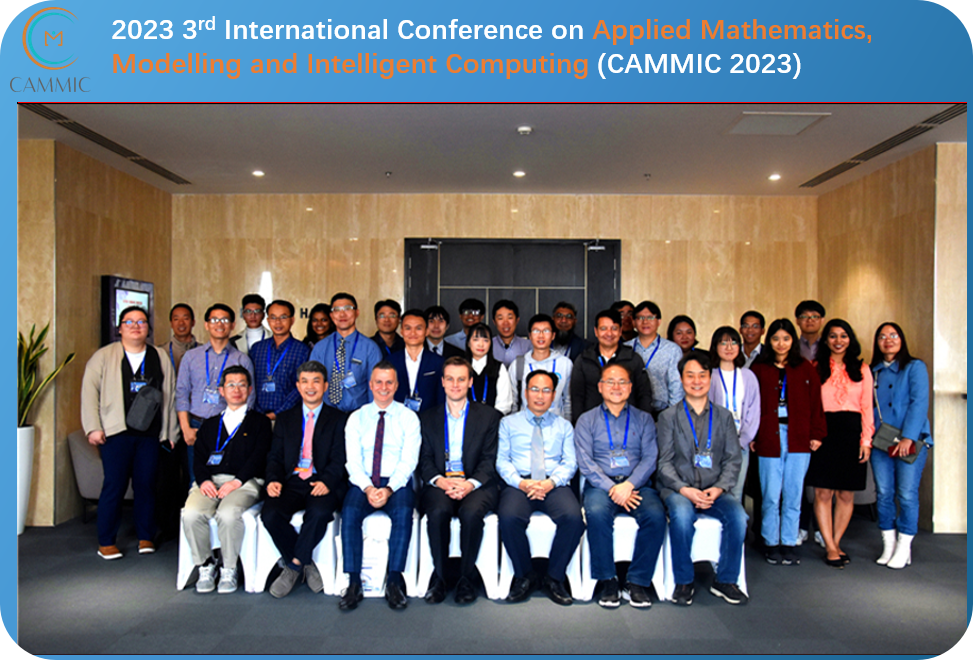
SPONSOR BY
| |
Technical Supported BY
 |  |
In-Cooperation
 |
If you have any question or inquiries, please feel free to contact us.Contact

